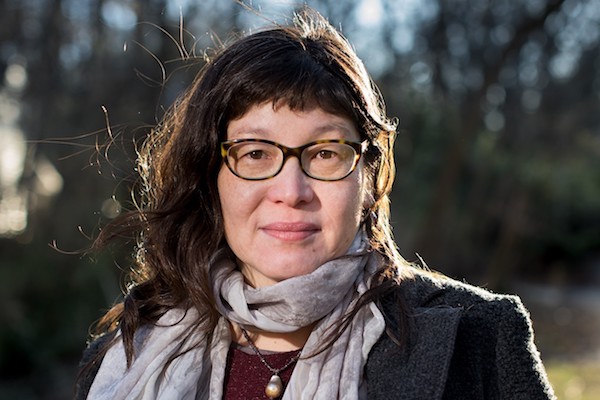Nick Schifrin: On this Christmas, many of us reflect on family. And, tonight, writer Alice Stephens, who is adopted, shares her Humble Opinion on the importance of not being what she calls the object of the adoption, but the subject.

Alice Stephens: Adoptees are used to having other people tell our stories for us. To describe my relationship to my family, I must use the passive voice to say, I am adopted. Adoption was something that happened to me. I had no more agency over the final result than a football does in a touchdown. When we're young, it is our parents who tell us our adoption story. I was told I was abandoned on a doorstep in my birth country of Korea. And for years, I pictured myself curled up in a cardboard box, waiting for someone to discover me. Parent narratives dominate the memoirs, how-to manuals, resource books and blow-by-blow accounts of the adoption process, relegating the adoptee to little more than an idealized representation of the parents' future happiness. Most of them end just when an adoptee's story truly begins, with the arrival into their forever homes. As adoptees, our challenge is to become the subject of our own adoption stories, and not the object. We know that there is no happily ever after. We know that we grow up, face challenges, and struggle to establish our own identities. We know that adoption is fraught with complexities that touch upon the most primal of human social traditions. We know the best and worst of adoption. While most children look to their parents and family to answer such fundamental questions as, who am I and where do I come from, the adoptee must find those answers from within. Where others are born with certainty of their origins and their place in the world, adoptees have to construct our own origin stories and search out where we most feel at home. So, next time you want to learn more about adoption, I suggest that you skip over the books and blogs by adaptive parents and non-adopted novelists and seek out the stories of adoptees themselves. Years later, I found out that the story of being left on a doorstep wasn't true, but, rather, was a simple way to explain to a very young me how I ended up as the youngest and only adopted child of a white American family. My birth mother hadn't abandoned me, as I had always believed, but had actually delivered me to the adoption agency. Knowing that fact made a huge difference in my life and taught me that the only person who could be trusted to tell my story was me.












